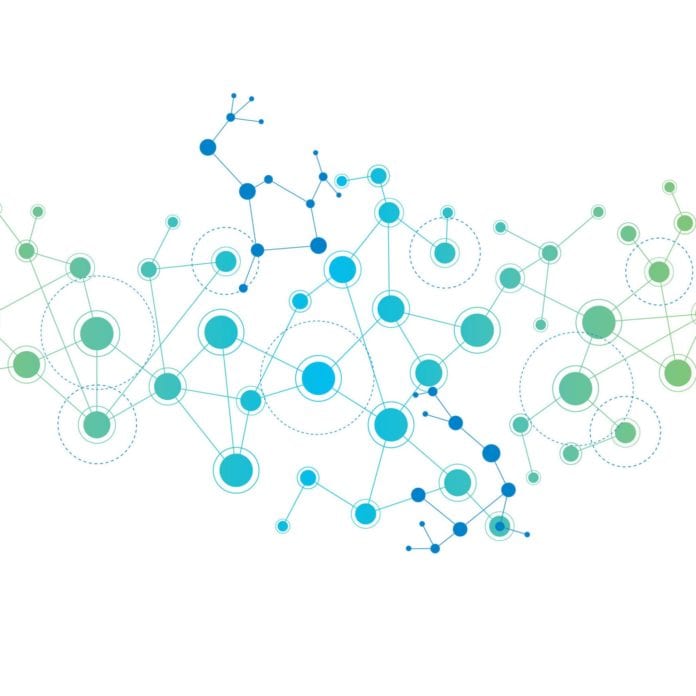Beyond Bitcoin
Blockchain is a buzzword frequently making news headlines, largely due to the numerous use cases it opens up. With roots tracing back to Bitcoin, the potential of blockchain exceeds digital currency and to a host of other industries, including telecommunications. The only question is how?
What is blockchain?
Blockchain is a type of software that powers a database for verifying transactions made online. The idea is that by making the database public, no one can cheat the system by editing records because everyone using the system spots them in the act. The decentralized and distributed nature of blockchain prevents one person or company from reigning supreme over system; instead, everyone can help run, manage and secure it.
A user helps run the system using a computer to store forwarded bundles of records, known as blocks, into a chronological chain. The technology uses a kind of mathematical language called cryptology to assure records are not altered. By holding data in multiple, cryptographically validated ledger copies throughout a network, blockchain thwarts a single point of failure a hacker might seize to crash the system.
Applying blockchain to telecom
The infrastructure of the telecom industry is currently undergoing an evolution as service providers transition from using proprietary hardware to virtual software to manage their networks. The advantages and challenges of introducing blockchain to telecom networks must therefore be considered. While telecom core management systems are expected to feel the impact of blockchain, the technology is applicable to telcos networks in a variety of ways.
Costs
Blockchain could lower network costs in more ways than one. In addition to the price reduction expected through efficiency gains, service providers could save money with the technology by relying less on third parties to complete a transaction. An ethereum blockchain, for example, could help eliminate the middleman when making a data exchange.
Security
Blockchain also brings a decentralized approach to telecom systems, which complements the open source philosophy driving several communities within the industry. The decentralization of blockchain could help better secure the privacy of the end user experience. By the same token, blockchain could provide some much needed security in an industry ridden with cyber breaches using a process of identity verification.
Connectivity
With blockchain, device connection can be offered to popular areas and Wi-Fis under certain terms and conditions. Moreover, as the telecom industry cashes in on IoT gadgets, blockchain’s decentralized control could help make the security of web connected devices more scalable. The verification and validation baked into blockchain could enable service providers to stop unauthorized devices from connecting to their network.
Drawbacks
No budding technology is without growing pains. Like the introduction of network functions virtualization (NFV) and software defined networking (SDN) into the telecom industry, blockchain is poised to disrupt typical business operations. Unanswered questions about how private blockchain relates to regulatory frameworks, in addition to security and privacy issues, exist too. Arguably the biggest challenge, however, is identifying the optimal entry point for blockchain into the telecom industry, which may require service providers to streamline internal operations.
For an in-depth look at the role of blockchain in the IIoT, read here.

